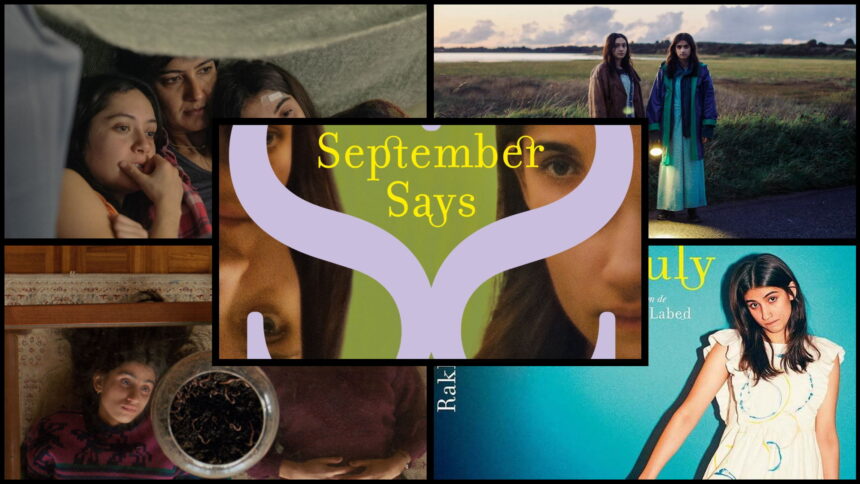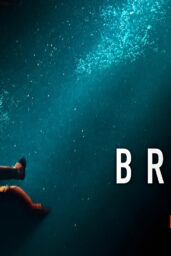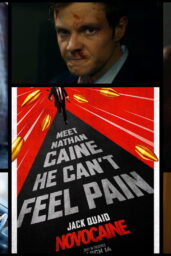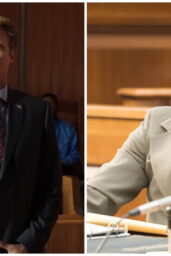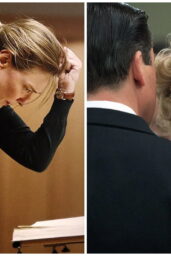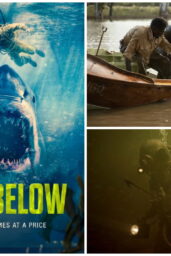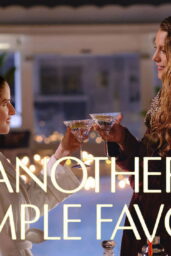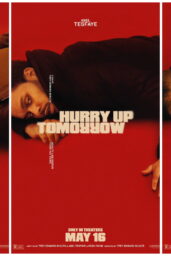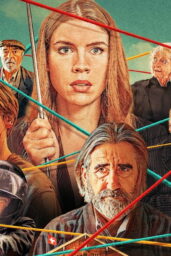There's something primal about sisterhood—a bond that can nurture or suffocate, often both at once. Greek-French filmmaker Ariane Labed, best known for her magnetic acting in films like The Lobster, steps behind the camera for September Says, a psychological thriller that dissects this fragile dynamic with surgical precision. The trailer alone feels like a whispered secret, one that lingers long after the screen fades to black.
Codependency, Surrealism, and the Ghosts of Ireland
The Story Unspools
Adapted from Daisy Johnson's novel Sisters, September Says follows July (Pascale Kann) and September (Mia Tharia), siblings whose relationship borders on the symbiotic. July, curious and pliant, orbits her protective, volatile sister like a moth to a flame. When September's suspension from school fractures their routine, July begins to stray—a betrayal that sends the pair, alongside their weary mother Sheela (Rakhee Thakrar), to a remote Irish holiday home. What follows isn't just a family implosion but a descent into the surreal: shadowy figures, whispered threats, and a landscape that feels alive with malice.
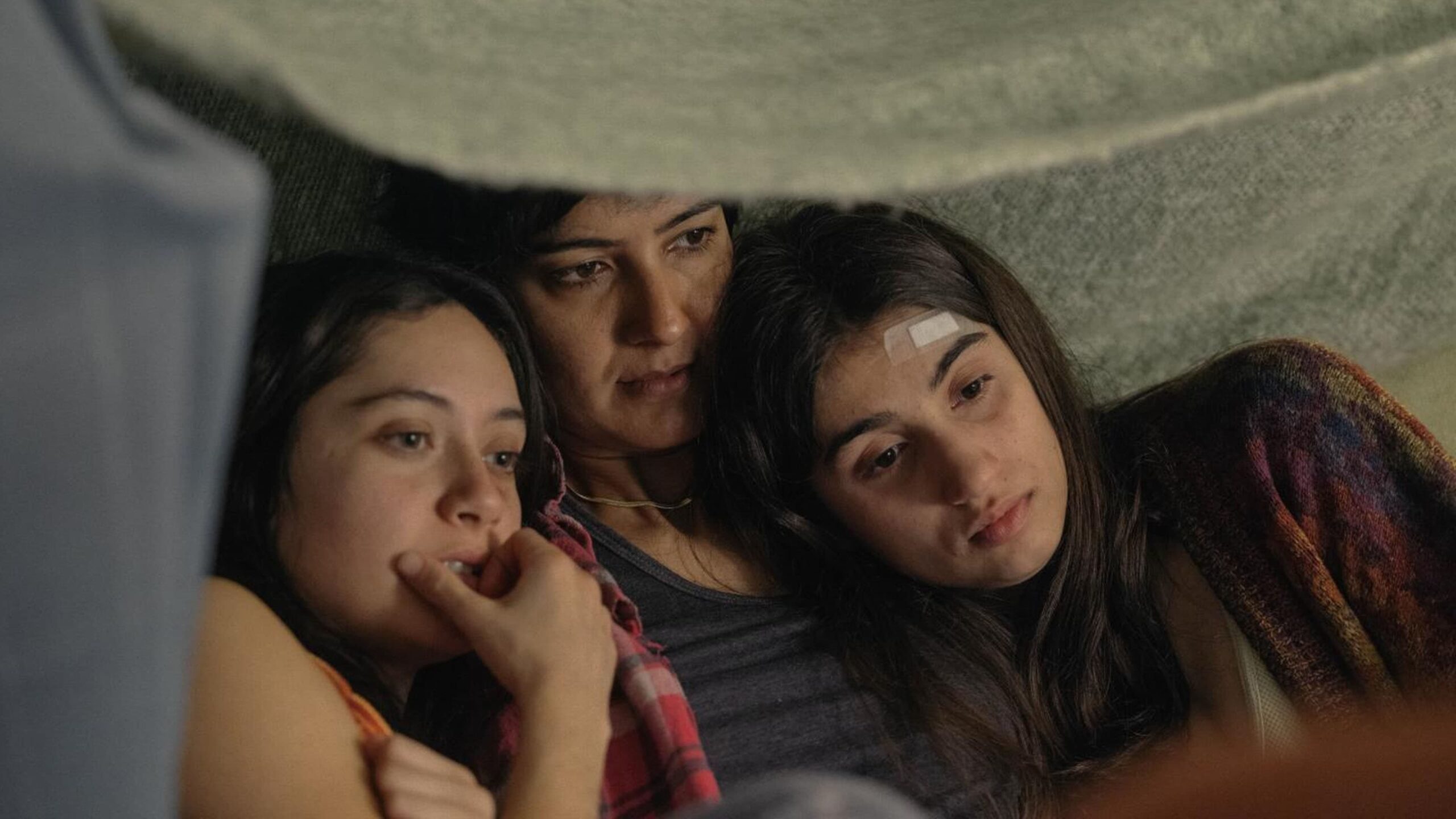
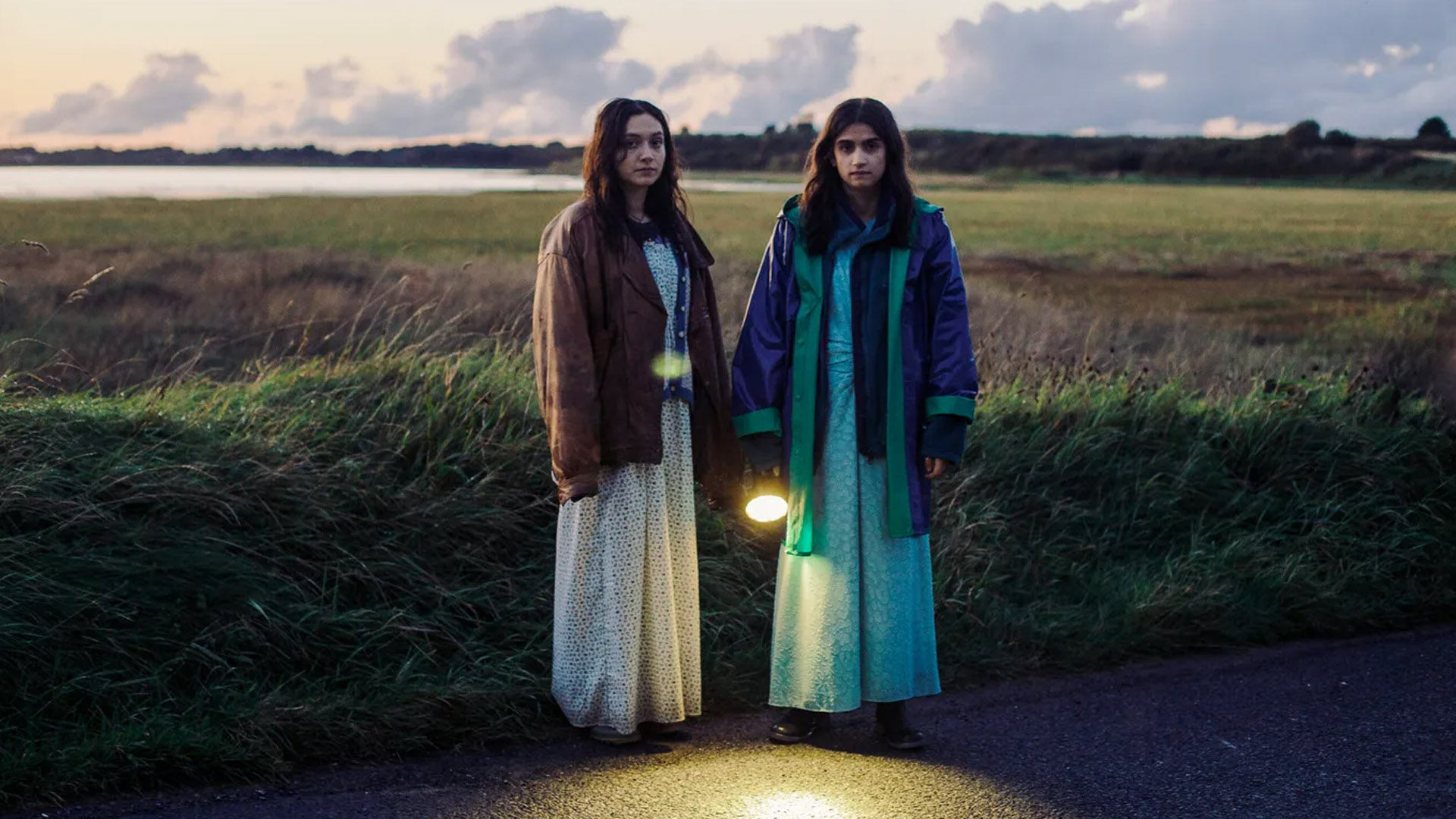
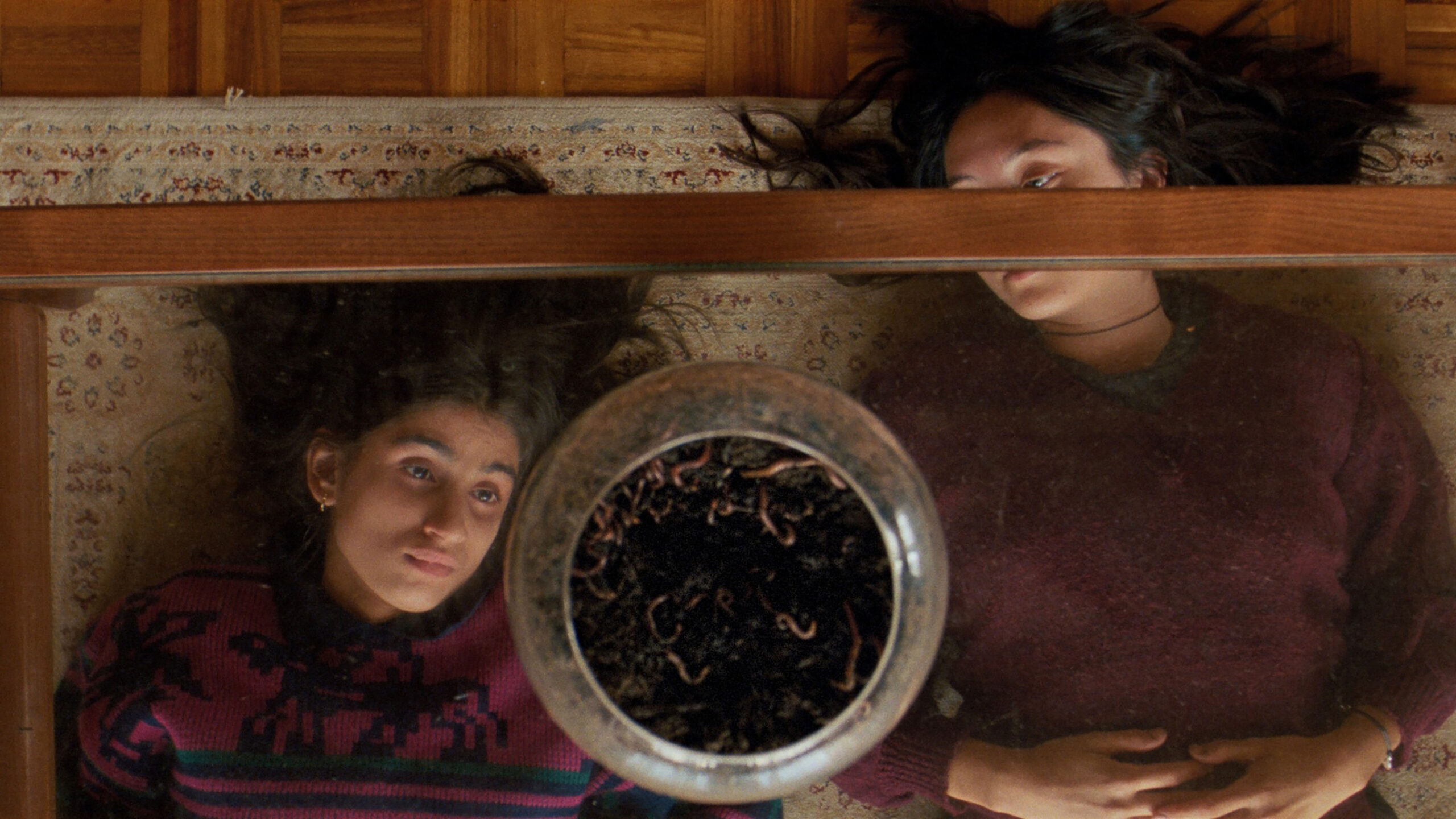
Labed's Vision: A Love Letter to the Unsettling
Labed, a collaborator of Yorgos Lanthimos, channels his absurdist tension but tempers it with raw emotionality. Her camera lingers on cracked mirrors, tangled hair, and the sisters' shared glances—a language only they understand. Ireland's misty cliffs and creaking manor houses become characters themselves, echoing the isolation of Tsangari's Attenberg or the claustrophobia of The Beguiled.
The Cast's Alchemy
Kann and Tharia deliver performances that feel almost too intimate. Tharia's September is a storm cloud—charismatic yet terrifying—while Kann's July simmers with quiet rebellion. Rakhee Thakrar's Sheela, caught between love and exhaustion, anchors the chaos with heartbreaking realism.
Critical Buzz
After its Cannes 2024 premiere, critics praised the film's “tart and tense” exploration of codependency. IndieWire called it “a fairy tale for the emotionally feral,” while The Guardian noted, “Labed understands that the scariest monsters are the ones we create ourselves.”
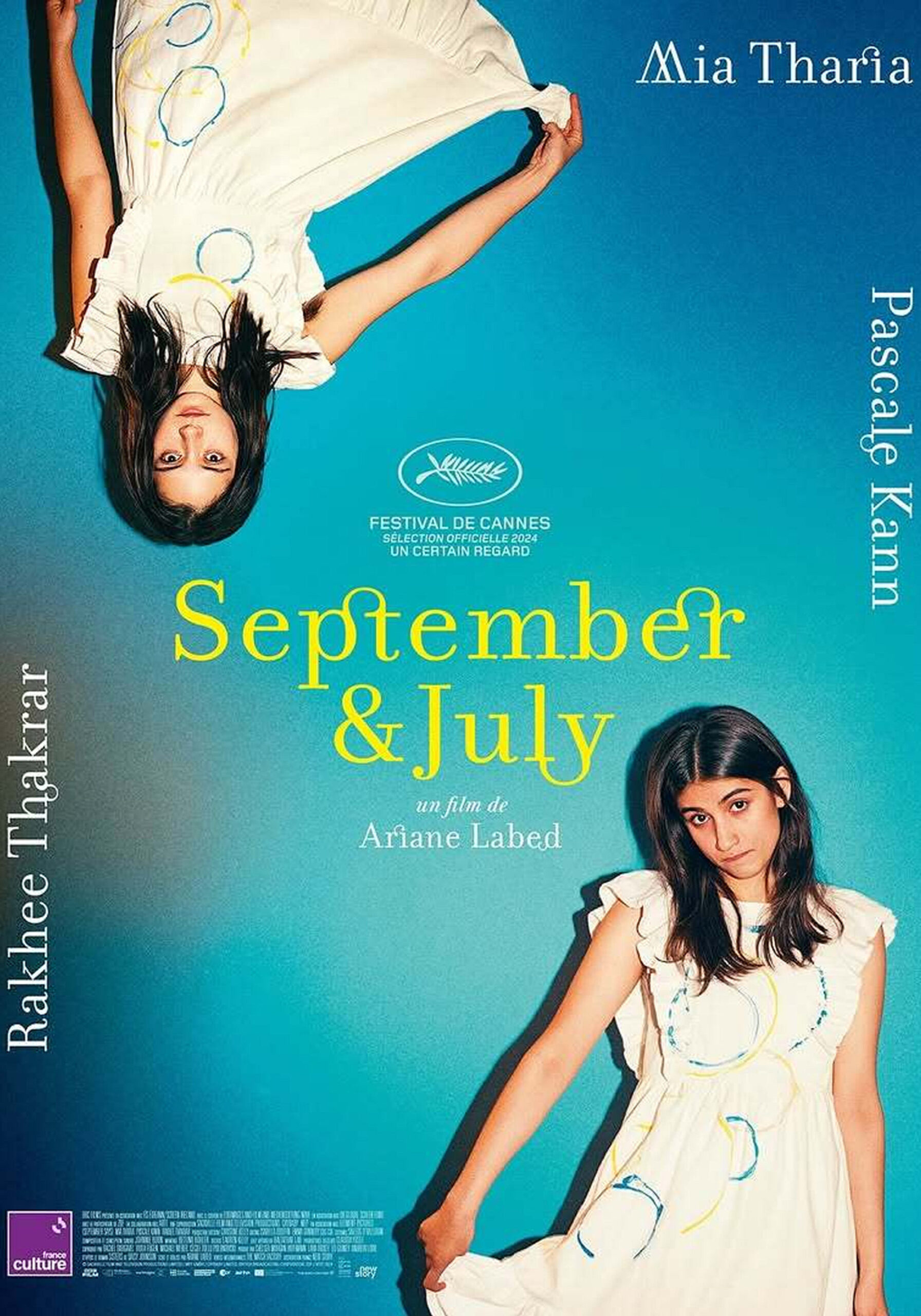
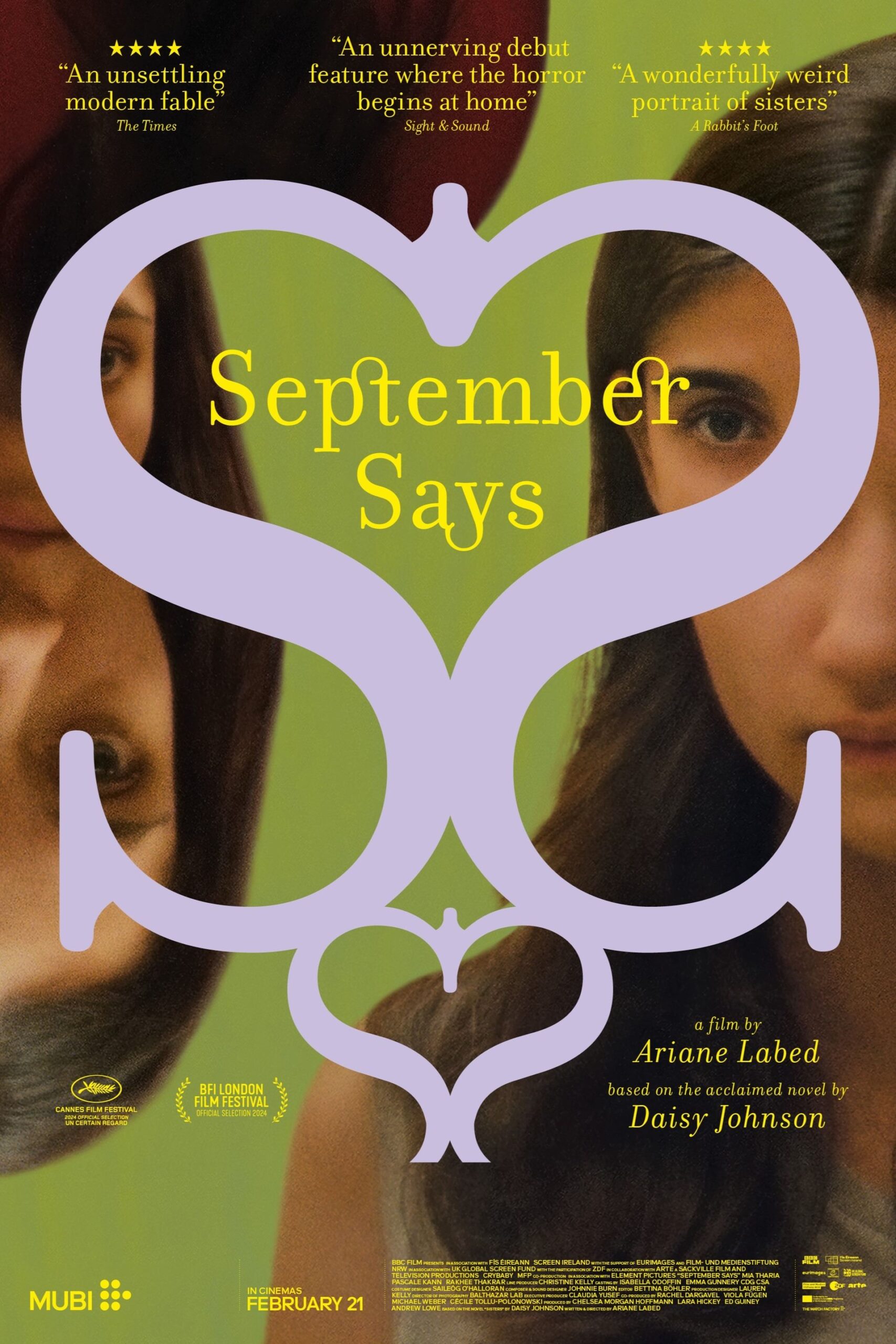
Conclusion: A Mirror Held to the Dark Side of Love
September Says doesn't just ask how far we'd go for family—it asks why. In an era of sanitized trauma narratives, Labed's unflinching gaze feels revolutionary. This isn't a film you “enjoy”; it's one you survive.
Personal Impressions
Labed's debut is a masterclass in atmospheric storytelling, though its deliberate pacing may test mainstream audiences. The sisters' dynamic is riveting, but the surreal elements occasionally overshadow emotional beats. Still, its final act—a wordless confrontation on a rain-lashed cliff—left me breathless. This isn't just a film; it's an exorcism.
Could suffocating love be more terrifying than any horror villain? Share your thoughts below.

